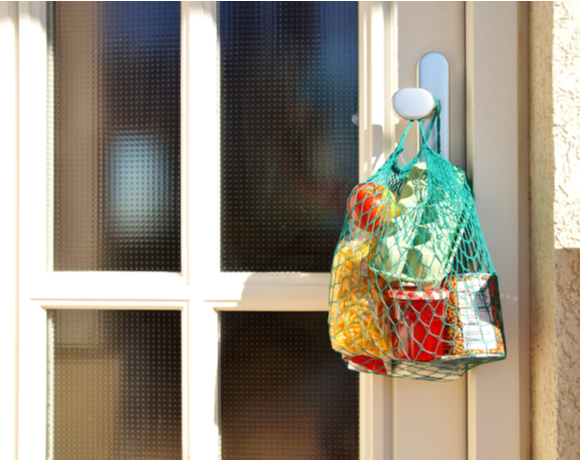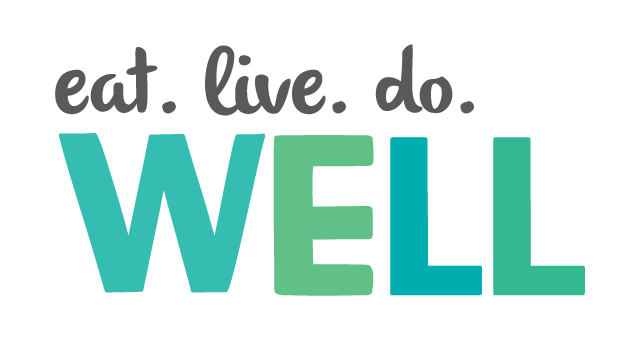Some of the most inspiring stories that have come during the COVID-19 pandemic are about people helping each other. If you are thinking of offering help to friends, family or neighbors, follow these tips to ensure you are doing so safely.

Help from a distance
The best way to prevent COVID-19 is to avoid being exposed to the virus by limiting contact with people who are sick or carrying the virus. For people who are at higher risk for severe illness – older adults and those with underlying medical conditions – avoiding exposure can mean limiting everyday activities. Offering to run essential errands like food shopping or picking up medication can be a great way to help someone reduce their exposure to others. Even if you aren’t sick, interaction with you is still the biggest risk to the person you are helping. Follow current guidance from the CDC and your local health department on minimizing your own risk so that you can stay healthy and available to help. Wash your hands often when running errands and arrange a time that you can drop off the items outside their door. While it might be tempting to get or give a hug, now is not the time.
Be a food safety pro
If you are helping to prepare food for a friend or family member who is at risk for severe complications from COVID-19 it is important to take food safety seriously. While there is no current evidence that you can get COVID-19 from food, the same factors that put them at higher risk from COVID-19 complications likely put them at higher risk for food borne illness too. Wash your hands before and during preparation and avoid touching your face. Rinse produce well with clean water. Cook food to the proper temperature. You can access a downloadable chart from foodsafety.gov here. Keep cold food cold and hot food hot until you are able to deliver it. If it will take more than an hour to deliver the food, pack it in a cooler to hold the temperature. As with helping with errands, avoid direct interaction with the person you are delivering to by dropping the food outside their door at a time when they will be able to retrieve it right after you leave.
If you are sick, don’t help
For many of us, it is hard to resist the urge to help someone in need. If you are sick or have been exposed to someone who is, you need to take a break from helping others directly. The risk of exposing someone who is at high risk for complications from COVID-19 far outweigh the benefits. Use social media, phone or email to identify someone else who may be able to help while you recover. The CDC offers guidance on when it is safe to stop isolating yourself after being sick.
Related:
Keeping Your Kitchen Clean & Safe // How To Stock Your Kitchen // Time to Garden



Leave a Reply
You must be logged in to post a comment.